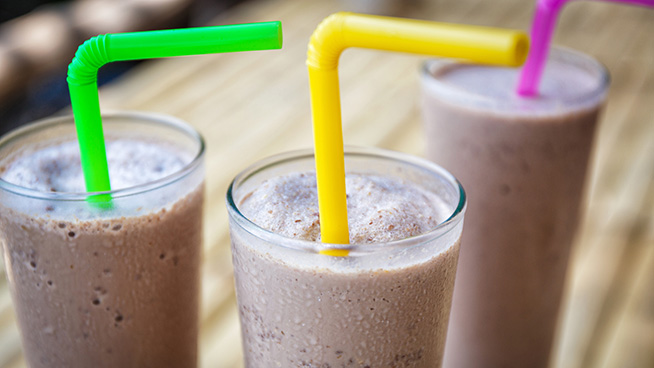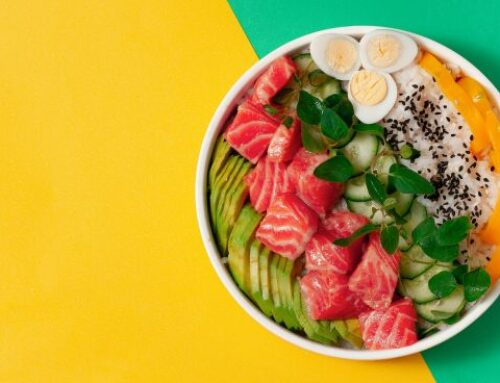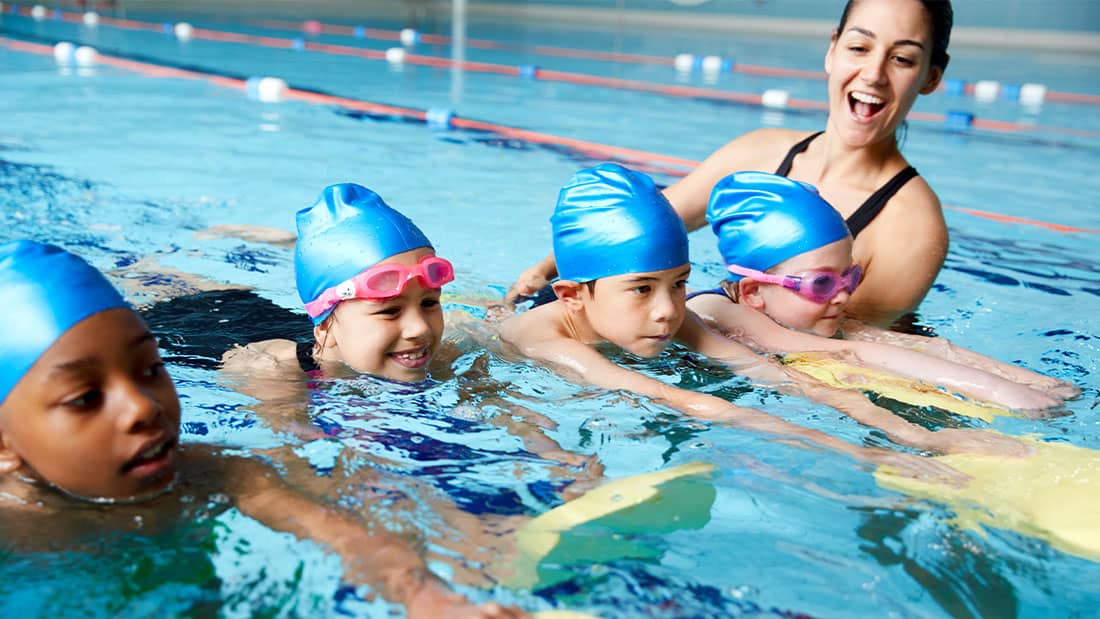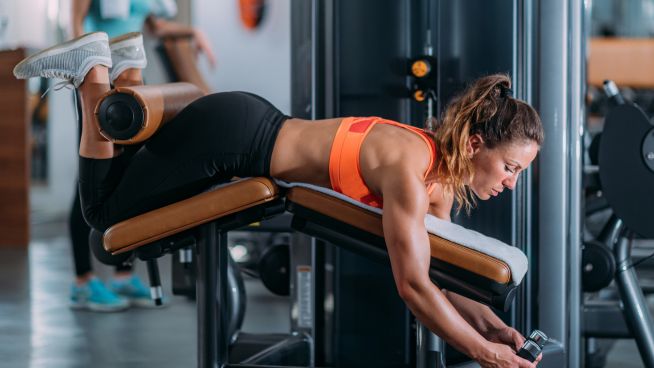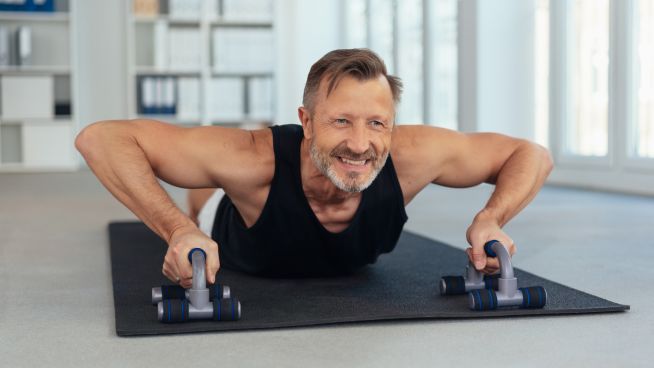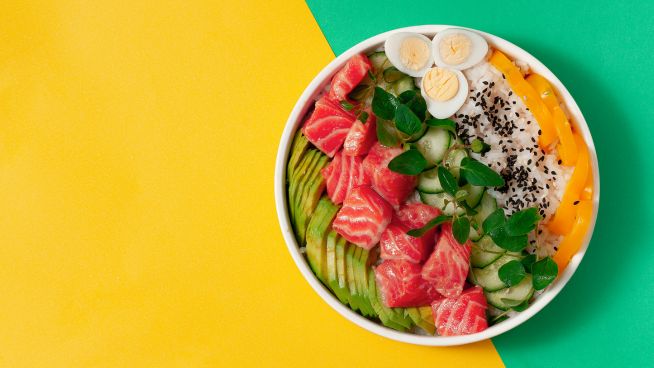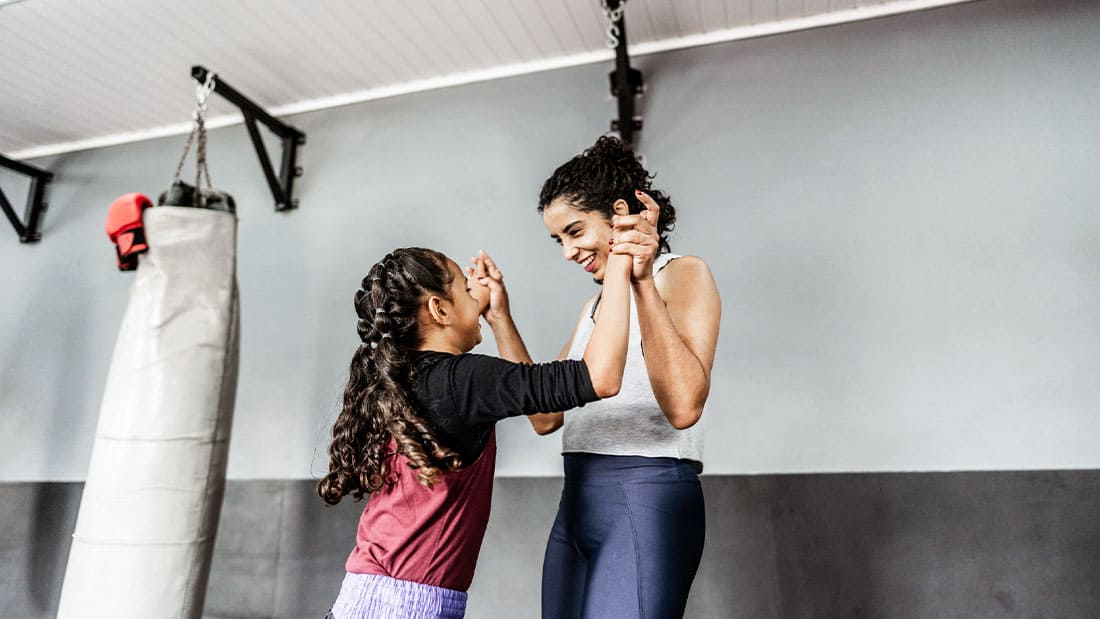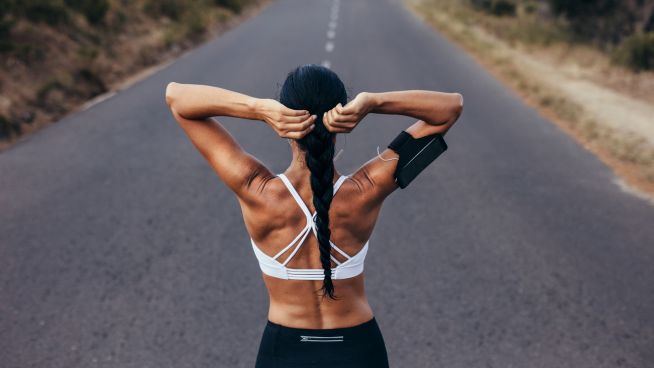What Should I Eat After A Competition
Our bodies are primed immediately after workouts and games to accept nutrients that will start the recovery process, stimulate muscle repair and growth, and restore energy levels.
The sooner you can provide your body with food, the better your body will repair itself. Suppose you fail to provide your body with the food it needs to recover. In that case, you may experience more soreness and joint achiness and low levels of energy that can severely blunt your body’s ability to repair itself after put under extreme stress.
Please think of the 3 R’s when it comes to proper recovery after a game or workout.
1. Rebuild
Repair your joints & muscles with lean protein sources — aim for 1-2 palm-sized portions or 25 to 50 grams.
- Greek yogurt (3/4 to 1+ cup)
- Lean, minimally processed sandwich meats like shaved chicken breast, turkey, ham, or roast beef (4-6+ oz)
- Lean meats like steak, chicken breast or thighs, pork chops, ground beef or turkey, etc. (4-6+ oz)
- Fish and seafood like salmon (canned or fresh), tilapia, tuna, shrimp, cod, etc. (4-6+ oz)
- Eggs (1 whole egg is 6g of protein)
- Protein powder like whey protein, plant-based protein, or collagen peptides (1-2 scoops)
- Plant-based sources like tempeh, tofu, lentils, or combinations of beans and rice
2. Refuel
Refuel your energy tank with quality carbohydrate sources that are quick-digesting and slow-digesting — aim for 1-3 handful sized portions. The longer and more intense the workout or sport, the more carbs you need. For example, suppose you played in a tournament with several matches. In that case, you will need more carbohydrates than if you did a 40-minute strength training session.
Digests Quick
- Whole fruit
- Smoothies made with whole fruit
- Rice cakes or white rice
- Dried fruit & fruit-based bars
- Applesauce
- Chocolate milk
Digests Slow
- Whole Grains like quinoa, wild rice, brown rice, amaranth, buckwheat
- Sprouted grain or whole-grain bread and wraps
- Baked potatoes, fingerling potatoes, sweet potatoes
- Rolled or steel-cut oats
- Minimally processed granola
- Beans and lentils
- Raw or cooked vegetables
3. Rehydrate
During intense competition or workouts, athletes lose electrolytes, fluids, glucose (energy), and cortisol (stress) levels rise. To recover, it is important to consume fluids to quickly restore hydration levels & lower cortisol levels to promote repair.
Strive to drink 20-40 ounces of water after activity — 2.5 to 5 cups. The amount of fluids consumed after exercise is heavily based on duration. The longer and more intense the activity, the more water you need to drink.
If your activity lasts 1 hour or less and is in a cool environment, strive to drink at least 20 ounces — or 2.5 cups or more — within the first hour.
Suppose your activity is in a hot, humid environment and or lasts more than 2 hours. In that case, you may need an electrolyte beverage or sports drink. Strive to drink 20 ounces of a sports drink or water within the first hour following activity and 20 ounces of water within the second hour.
As always sip on water or an electrolyte beverage throughout rest breaks during intense activity. To simplify these recommendations, make sure you are always keeping up with your hydration levels by keeping a big water bottle with you throughout the day and in your sports/workout bag.
RECOMMENDED FOR YOU
MOST POPULAR
What Should I Eat After A Competition
Our bodies are primed immediately after workouts and games to accept nutrients that will start the recovery process, stimulate muscle repair and growth, and restore energy levels.
The sooner you can provide your body with food, the better your body will repair itself. Suppose you fail to provide your body with the food it needs to recover. In that case, you may experience more soreness and joint achiness and low levels of energy that can severely blunt your body’s ability to repair itself after put under extreme stress.
Please think of the 3 R’s when it comes to proper recovery after a game or workout.
1. Rebuild
Repair your joints & muscles with lean protein sources — aim for 1-2 palm-sized portions or 25 to 50 grams.
- Greek yogurt (3/4 to 1+ cup)
- Lean, minimally processed sandwich meats like shaved chicken breast, turkey, ham, or roast beef (4-6+ oz)
- Lean meats like steak, chicken breast or thighs, pork chops, ground beef or turkey, etc. (4-6+ oz)
- Fish and seafood like salmon (canned or fresh), tilapia, tuna, shrimp, cod, etc. (4-6+ oz)
- Eggs (1 whole egg is 6g of protein)
- Protein powder like whey protein, plant-based protein, or collagen peptides (1-2 scoops)
- Plant-based sources like tempeh, tofu, lentils, or combinations of beans and rice
2. Refuel
Refuel your energy tank with quality carbohydrate sources that are quick-digesting and slow-digesting — aim for 1-3 handful sized portions. The longer and more intense the workout or sport, the more carbs you need. For example, suppose you played in a tournament with several matches. In that case, you will need more carbohydrates than if you did a 40-minute strength training session.
Digests Quick
- Whole fruit
- Smoothies made with whole fruit
- Rice cakes or white rice
- Dried fruit & fruit-based bars
- Applesauce
- Chocolate milk
Digests Slow
- Whole Grains like quinoa, wild rice, brown rice, amaranth, buckwheat
- Sprouted grain or whole-grain bread and wraps
- Baked potatoes, fingerling potatoes, sweet potatoes
- Rolled or steel-cut oats
- Minimally processed granola
- Beans and lentils
- Raw or cooked vegetables
3. Rehydrate
During intense competition or workouts, athletes lose electrolytes, fluids, glucose (energy), and cortisol (stress) levels rise. To recover, it is important to consume fluids to quickly restore hydration levels & lower cortisol levels to promote repair.
Strive to drink 20-40 ounces of water after activity — 2.5 to 5 cups. The amount of fluids consumed after exercise is heavily based on duration. The longer and more intense the activity, the more water you need to drink.
If your activity lasts 1 hour or less and is in a cool environment, strive to drink at least 20 ounces — or 2.5 cups or more — within the first hour.
Suppose your activity is in a hot, humid environment and or lasts more than 2 hours. In that case, you may need an electrolyte beverage or sports drink. Strive to drink 20 ounces of a sports drink or water within the first hour following activity and 20 ounces of water within the second hour.
As always sip on water or an electrolyte beverage throughout rest breaks during intense activity. To simplify these recommendations, make sure you are always keeping up with your hydration levels by keeping a big water bottle with you throughout the day and in your sports/workout bag.

